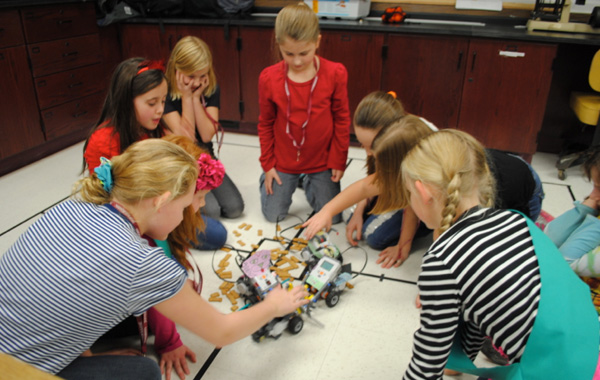
Video Games and Pre-Adolescence. Gender Differences
López-Noguero, F., Gallardo-López, J. A. y Muñoz-Villaraviz, D. Videojuegos y preadolescencia. Uso, hábitos e implicaciones socioeducativas en función del género. Revista Colombiana de Educación, 1 (84), 1-25. https://doi.org/10.17227/rce.num84-12701
Video games are now a widespread form of entertainment among pre-adolescent youth, but they can also become powerful tools for game-playing in the classroom and for improving the teaching-learning process. Video games facilitate learning in various fields of knowledge and benefit the development of multiple skills from the recreational and creative, but can also cause negative effects such as addiction, sedentarism, decreased academic performance or sociability problems. The aim of the research is to know the habits of consumption of video games in pre-adolescence and its socio-educational implications, depending on the gender of the participants. The sample is composed of 825 students from various public educational centers in Andalusia (Spain), aged between 9 and 14 years. The research is developed from a quantitative, descriptive, ex post facto, transversal and correlational methodological approach, using the instrument "Questionnaire on video game consumption habits" (López, 2012) for the collection of information. The results indicate a clear differentiation in the responses issued according to gender, indicating that boys are more interested in video games, know more about them and use them more frequently than girls. In addition, it is boys who demonstrate a more competitive attitude when playing video games.
Here you can read the whole research paper: Videojuegos y preadolescencia. Diferencias de género.pdf



